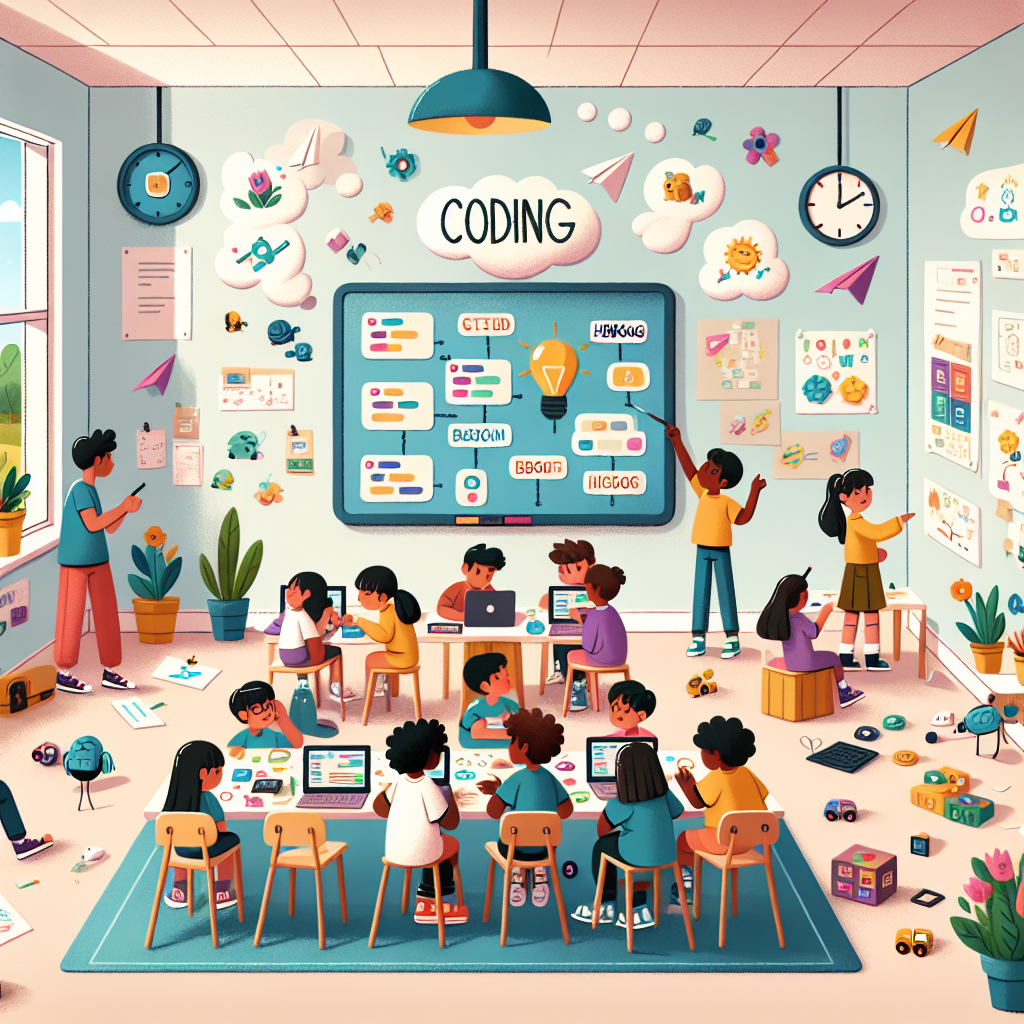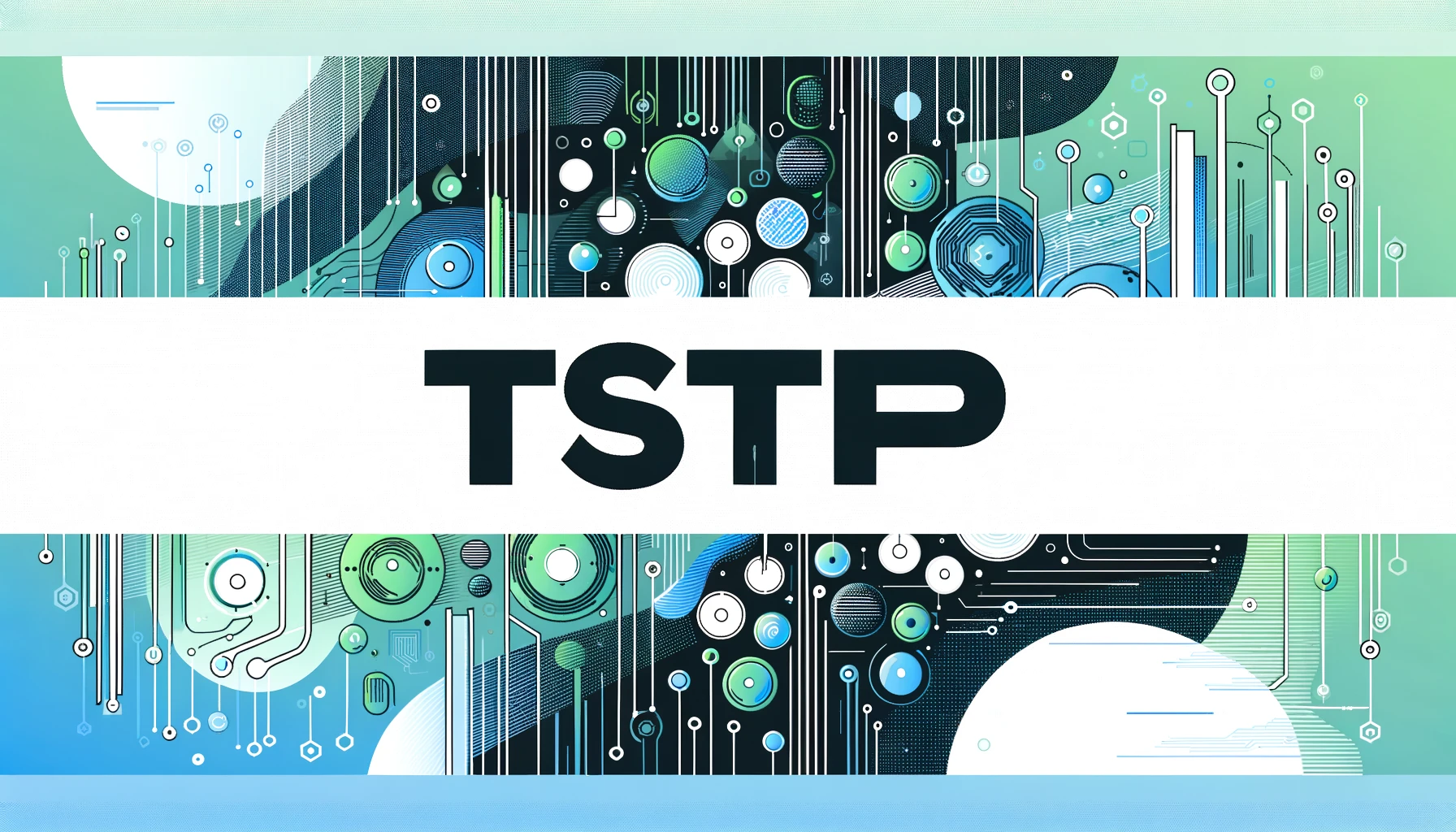Coding for Kids – The Best Age to Start and Why

Introduction
In today’s fast-paced, technology-driven world, coding has become an indispensable skill that holds the key to success in various industries. With the proliferation of technology in all facets of our lives, understanding and writing code has taken on increased importance. Mastery of coding is essential for individuals looking to thrive in a rapidly evolving digital landscape. As such, introducing children to coding at a young age is crucial in preparing them for the demands of the future. Research has unequivocally demonstrated that children as young as preschool age possess the capacity to grasp fundamental coding concepts. By exposing children to coding at an early stage in their development, they can begin to cultivate important skills such as computational thinking, problem-solving abilities, and logical reasoning – all of which are foundational to coding. Furthermore, early exposure to coding can foster creativity, perseverance, and resilience in children as they confront the challenges inherent in programming tasks. Around the ages of 7 to 8, children typically reach a stage where they have acquired the cognitive abilities necessary to engage in more advanced coding activities. This critical juncture presents an ideal opportunity to instill a passion for coding in children, as they remain inquisitive and receptive to novel ideas and concepts. Equipping children with age-appropriate coding tools and resources during this developmental stage can play a pivotal role in establishing a robust coding foundation that will serve them well in the future. In conclusion, initiating coding instruction at an early age confers a host of cognitive benefits and enduring advantages. By introducing children to coding at a young age, they can hone essential skills that will not only enhance their academic and professional pursuits but also deepen their comprehension and appreciation of the technology that drives our modern world. Through early exposure to coding, children can embark on a transformative learning journey that will empower them to navigate successfully through an ever-changing digital landscape.

Benefits of Introducing Coding to Kids
The development of problem-solving skills in children through coding is paramount in preparing them for success in the digital age. Coding serves as a powerful tool to cultivate logical thinking, analytical skills, and creativity in young minds. By breaking down complex problems into manageable parts, children learn to think critically and develop unique solutions to challenges they encounter. These problem-solving skills not only benefit them in programming but also in everyday situations they may face in the future. Furthermore, coding instills resilience and perseverance in children by teaching them to view errors as opportunities for growth. Embracing failure as a natural part of the learning process, children develop a growth mindset that fosters continuous improvement. Through coding, children learn that success often requires multiple attempts and revisions, promoting a sense of determination and grit that will serve them well in all aspects of their lives. In addition to problem-solving skills, coding also promotes essential teamwork, communication, and collaboration skills. Many coding projects necessitate children to work together in groups, communicate effectively, and leverage each other’s strengths to achieve a common goal. These collaborative experiences not only enhance their social and emotional competencies but also prepare them for success in academic and professional settings. By introducing children to coding at an early age, we are not only providing them with technical skills but also nurturing vital cognitive, social, and emotional skills that are essential for their future endeavors. Through coding activities, children can sharpen their problem-solving abilities, cultivate resilience and perseverance, and acquire the indispensable skills needed to thrive in the ever-evolving digital landscape of the 21st century. Empowered by coding, children can confidently navigate challenges, unleash their creativity, and collaborate effectively with others, laying a solid foundation for their future accomplishments and successes.

Introduction
In today’s fast-paced, technology-driven world, coding has become an indispensable skill that holds the key to success in various industries. With the proliferation of technology in all facets of our lives, understanding and writing code has taken on increased importance. Mastery of coding is essential for individuals looking to thrive in a rapidly evolving digital landscape. As such, introducing children to coding at a young age is crucial in preparing them for the demands of the future.
Research has unequivocally demonstrated that children as young as preschool age possess the capacity to grasp fundamental coding concepts. By exposing children to coding at an early stage in their development, they can begin to cultivate important skills such as computational thinking, problem-solving abilities, and logical reasoning – all of which are foundational to coding. Furthermore, early exposure to coding can foster creativity, perseverance, and resilience in children as they confront the challenges inherent in programming tasks.
Around the ages of 7 to 8, children typically reach a stage where they have acquired the cognitive abilities necessary to engage in more advanced coding activities. This critical juncture presents an ideal opportunity to instill a passion for coding in children, as they remain inquisitive and receptive to novel ideas and concepts. Equipping children with age-appropriate coding tools and resources during this developmental stage can play a pivotal role in establishing a robust coding foundation that will serve them well in the future.
In conclusion, initiating coding instruction at an early age confers a host of cognitive benefits and enduring advantages. By introducing children to coding at a young age, they can hone essential skills that will not only enhance their academic and professional pursuits but also deepen their comprehension and appreciation of the technology that drives our modern world. Through early exposure to coding, children can embark on a transformative learning journey that will empower them to navigate successfully through an ever-changing digital landscape.

Benefits of Introducing Coding to Kids
The development of problem-solving skills in children through coding is paramount in preparing them for success in the digital age. Coding serves as a powerful tool to cultivate logical thinking, analytical skills, and creativity in young minds. By breaking down complex problems into manageable parts, children learn to think critically and develop unique solutions to challenges they encounter. These problem-solving skills not only benefit them in programming but also in everyday situations they may face in the future.
Furthermore, coding instills resilience and perseverance in children by teaching them to view errors as opportunities for growth. Embracing failure as a natural part of the learning process, children develop a growth mindset that fosters continuous improvement. Through coding, children learn that success often requires multiple attempts and revisions, promoting a sense of determination and grit that will serve them well in all aspects of their lives.
In addition to problem-solving skills, coding also promotes essential teamwork, communication, and collaboration skills. Many coding projects necessitate children to work together in groups, communicate effectively, and leverage each other’s strengths to achieve a common goal. These collaborative experiences not only enhance their social and emotional competencies but also prepare them for success in academic and professional settings.
By introducing children to coding at an early age, we are not only providing them with technical skills but also nurturing vital cognitive, social, and emotional skills that are essential for their future endeavors. Through coding activities, children can sharpen their problem-solving abilities, cultivate resilience and perseverance, and acquire the indispensable skills needed to thrive in the ever-evolving digital landscape of the 21st century. Empowered by coding, children can confidently navigate challenges, unleash their creativity, and collaborate effectively with others, laying a solid foundation for their future accomplishments and successes.
